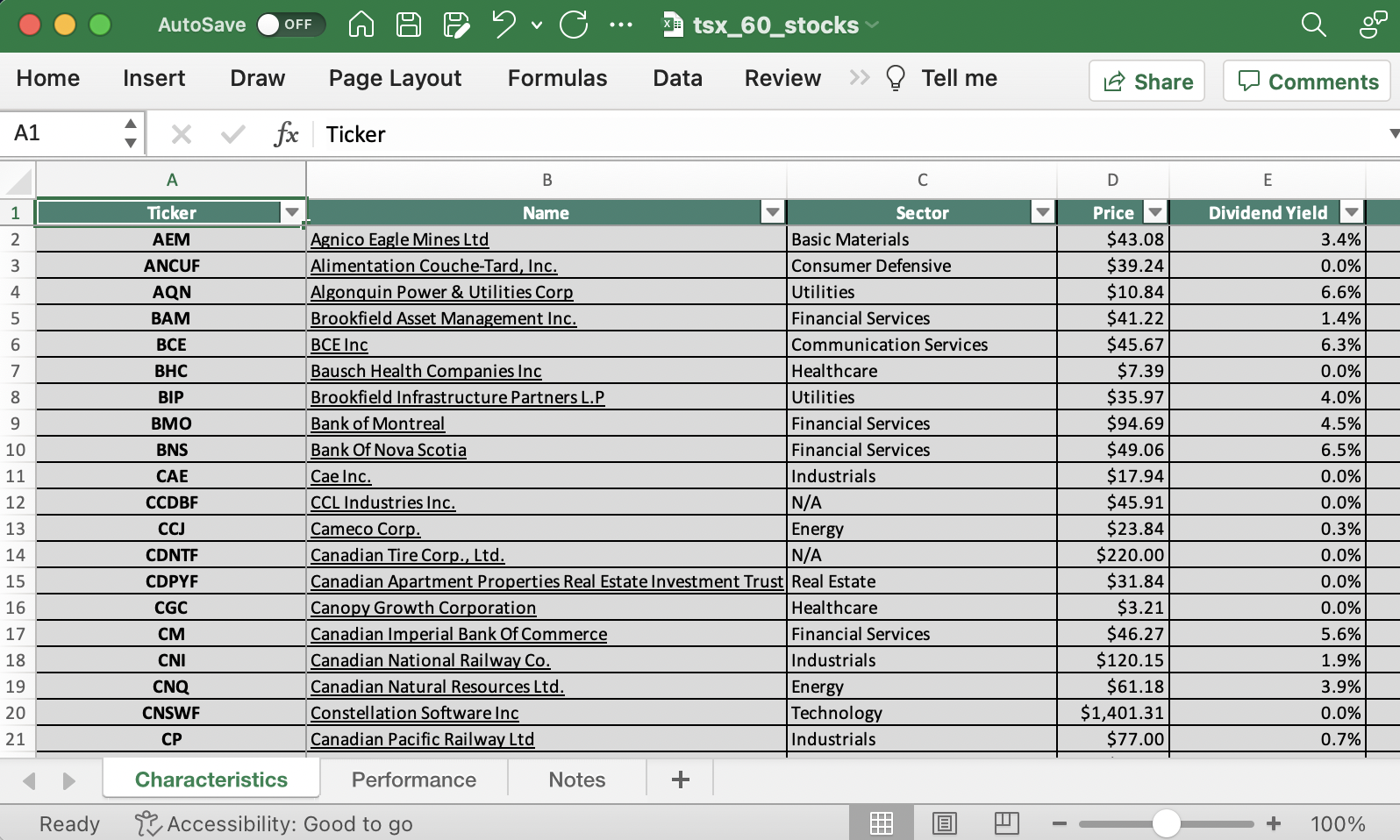As global economies evolve, infrastructure debt emerges as a unique asset class with promising opportunities for investors. Offering low correlation with business cycles and appealing yields, it’s fueling critical sectors like renewable energy and AI infrastructure. Public and private sectors are converging to meet the growing global demand for modern infrastructure. While governments lay the groundwork with strategic investments, private capital is increasingly stepping in to drive innovation and address funding gaps, shaping the future of essential projects. This post touches upon some of the topics that will be the scope of an upcoming CFA Institute Research Foundation Brief centered on infrastructure debt.
Within the investment landscape, besides having low correlation with the business cycle, infrastructure debt has historically been a source of relatively stable returns and a high degree of differentiation within a portfolio. Infrastructure loans finance capital-intensive, tangible assets like transportation systems, energy facilities, and data centers. These loans are generally provided by private funds, either alone or in combination with public funding.
Private infrastructure debt typically invests in regulated assets (more rarely in a company involved in infrastructure services or operations) with inelastic demand, in either monopolistic or quasi-monopolistic markets. The debt is typically secured against the cash flows generated by the project itself. The loans are tailored on the project’s specific risks and revenue-generating capabilities. While most debt issued is senior, some transactions also include junior tranches to offer more attractive yields to less risk-averse investors.
The asset class has historically grown at a steady pace but has been expanding more rapidly in recent years, largely fueled by a favorable macroeconomic environment — including pandemic-driven fiscal expansion and post-GFC financial regulation that limited commercial banks’ ability to hold long-term debt on their balance sheets. Since 2017, the global private infrastructure investment market has more than doubled, reaching over $1 trillion annually.
Geographically, infrastructure debt is heavily concentrated, with the United States and Europe leading the way.
A Favorable Macro Environment
A significant boost to infrastructure debt came with the post-pandemic increase in government spending across the developed world.
The US Congress approved a large infrastructure package in 2021 with bi-partisan support aimed at modernizing the country’s ageing bridges, tunnels, and railroads, as well as building new high-speed internet connections. A year later, the Inflation Reduction Act (“IRA”) added more funds for large infrastructure projects, with potential co-investment opportunities for the private sector.

In the European Union, the post-pandemic NextGEN EU fund also provided grants and loans for member states to spend on infrastructure projects. Finally, the UK Infrastructure Bank — launched in June 2021 as a “substitute” for the European Investment Bank as the UK exited the European Union and recently renamed National Wealth Fund — supports a range of sustainable infrastructure projects in the United Kingdom, especially in the underdeveloped northern part of the country.
This recent push to revive infrastructure in developed economies was mainly driven by the desire to reverse decades of underinvestment in the space from the public sector. But it also spurred a flurry of private sector activity due to attractive co-investment opportunities and, in some cases, government spending was seen as de-risking.
It remains to be seen whether the macro environment will remain supportive going forward. A reduction in government spending — perhaps to control ballooning deficits — may cause a slowdown in infrastructure debt growth. However, in theory, it can equally spark more interest from the private sector amidst potential higher yields in the context of decreased supply.
The Push for Renewable Energy Projects
Despite the recent backlash against environmental, social, and governance (ESG) investing, so-called “green” investments in clean energy, climate mitigation, and resilience continue to increase. Of course, the backlash against ESG may be attributable to a lack of clarity in ratings criteria and attempts to overregulate disclosures, leading to large companies gaming the system.
With more clarity on ratings criteria, public opinion about ESG investing may reverse. And the pressure to reduce carbon emissions has led to a strong demand for infrastructure investment in renewable energy, electrification, and public transport, to name a few. And financing for wind and solar projects, energy storage, and electrification infrastructure is becoming a focal point for investors.
Infrastructure debt could be a way for investors to gain exposure to potentially attractive yields, while at the same time fulfilling an “impact” mandate by climate-conscious asset owners, especially in Europe.
Building Infrastructure for the AI Revolution
With the rapid rise of artificial intelligence (AI), the need for new types of infrastructure has become apparent. Data centers, essential for AI processing and cloud computing, are one of the latest drivers of infrastructure spending. Infrastructure debt offers a unique way to participate in the AI-driven future by funding the physical backbone supporting this technology.
In addition, AI energy consumption is emerging as a serious issue that some companies are already addressing by building small nuclear reactors to power their data centers.
These new facilities demand significant capital and sophisticated management skills and can produce attractive investment opportunities because debt can be issued to complement equity investments, such as the ones from this recently created AI infrastructure fund.
Why Infrastructure Debt is an Attractive Asset Class
Aside from cyclical macroeconomic tailwinds, infrastructure debt appeals to investors for several reasons.
First, there is the unique risk-return profile. Infrastructure debt typically shows low levels of correlation not only with publicly traded bonds, but even with direct lending or consumer lending opportunities in private markets. Somewhat overlooked is the fact that infrastructure debt has shown diversification from the business cycle, too.
Another prominent factor is the potential exposure to an illiquidity premium. Infrastructure debt often exhibits lower liquidity than corporate debt, but, as argued here previously, this is not necessarily a negative. While the jury is still out on whether investors are compensated for giving up liquidity, a fair argument is that illiquidity limits opportunities for investors’ knee-jerk reactions to broader market moves.
Finally, the sector’s default risk has been historically low compared to similarly rated corporate debt. This is because infrastructure projects often have built-in, long-term revenue streams. Many infrastructure assets operate as monopolies, are subject to regulation, and serve markets with stable, inelastic demand.
Suitability and Returns
In terms of suitability, infrastructure debt is an investment opportunity targeted at liability-driven investment (LDI) strategies and therefore attractive to pension funds and insurance companies with 10+-year investment horizons.
Collateral quality is high. Funds aiming for stable yields typically invest in mature, operational assets (brownfield), which often have stronger credit profiles, while those targeting higher returns may focus on development-phase assets (greenfield). However, risk mitigation techniques allow even risk-averse funds to structure transactions related to greenfield projects.
Most infrastructure debt, including bonds, is issued as senior debt, offering a secure position in repayment, but yields (typically around 6%) may be unattractive to certain investors. To enhance credit profiles and reduce capital costs, sponsors sometimes issue higher-risk, junior or mezzanine debt at more elevated returns (10%+).
Outlook
The convergence of cyclical government spending, robust structural growth in climate investments, and the requirements of the nascent AI industry are driving unprecedented demand for infrastructure investment.
For investors, the combination of low correlation with economic cycles, appealing yields, and exposure to crucial, tangible assets makes infrastructure debt a compelling asset class. It tends to have lower correlations with public equities and fixed income allocations.
Going forward, a likely dry-up of public resources available for infrastructure investments — which worked as a catalyst for private money (taking first loss positions on the riskiest projects ) — could act as a disincentive for private infrastructure debt.
On the other hand, lower government spending may also increase demand for private money as it reduces the crowding out effect, potentially leading to higher yields and more opportunities for disciplined institutional managers.





























